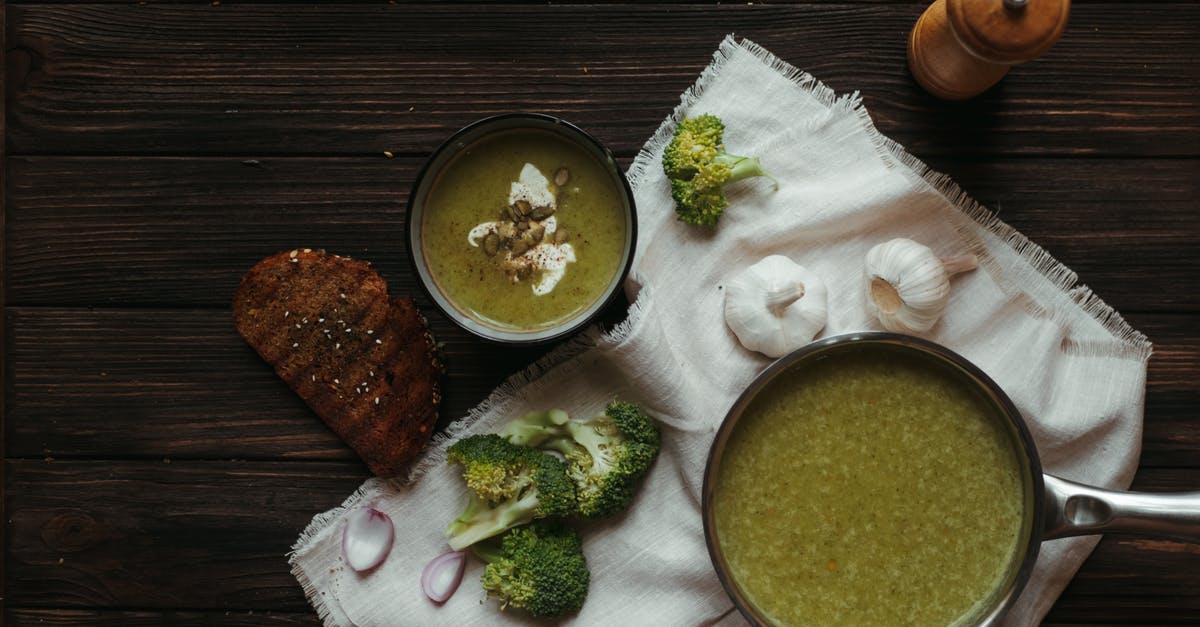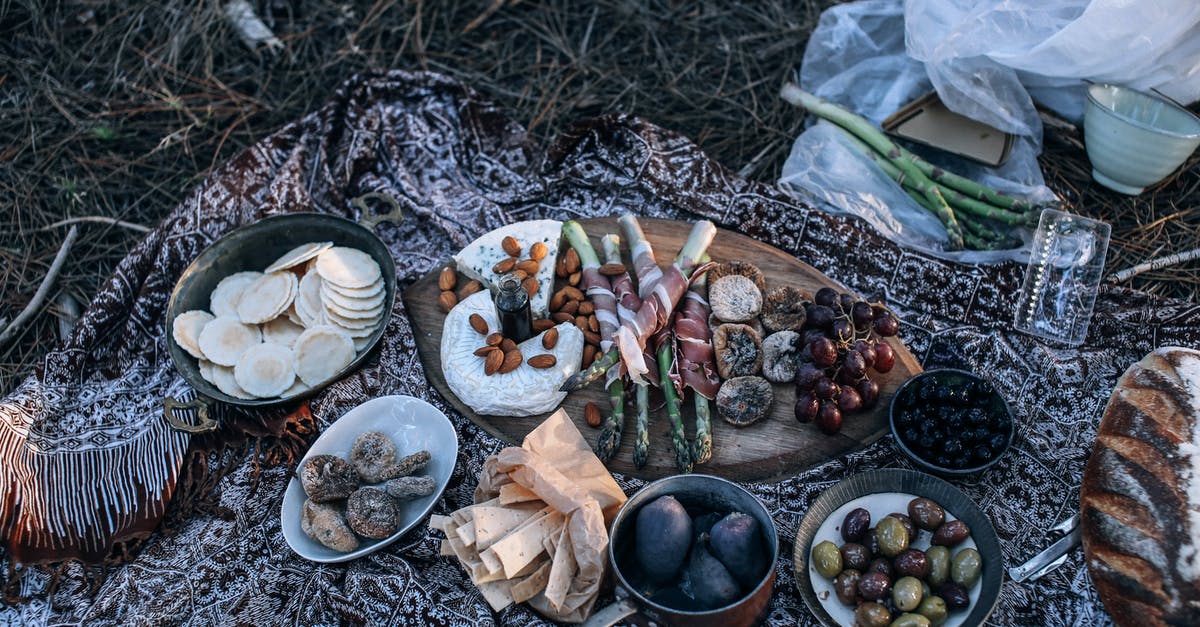Can vegetable juices stop bread from rising?

I used vegetables juice for the additional liquid ingredients in milk bread, and it didn't rise. I think there is something in vegetables juice that killed the fermentation of dough.
This is a study, a food experiment. I used radish, mustard green, ginger, onion, garlic, beans, tomato, squash, eggplant, winged beans, winter melon, bitter melon, mexican turnip, and sponge gourd juice. The first step that we did was, we mixed first the yeast, milk and the juice. After mixing all the ingredients the dough become sticky, and it didn't rise.
In our first trial, we have done it right by using the extract of vegetables. And in our 2nd trial, we used the process of juicing, we actually use a juicer to get all the juice. and after all, the juice had an effect in our dough.
Best Answer
I wish that I knew whether you are trying to make a hokkaido milk bread, or an Ayurvedic-bread-bomb with a basic white bread recipe...like this :http://www.vegrecipesofindia.com/white-bread-easy-white-bread/
I am going to answer this like you're making a more nutrient-dense plain white bread.
There are probably a combination of things going on in your veggie-slurry with respect to either pH or bioactive compound inhibition, and possibly with stability of bubbles formed(if any) in the dough. It would be useful to know if the dough or slurry exhibited any yeast activity...small bubbles...something? I am also assuming that you are using Saccharomyces cerevisiae for yeast.
A pH less than 4 can inhibit activity in bread yeast strains. Get a pH reading of your veggie maceration prior to adding it to the yeast. ** consider using a sourdough starter yeast mix, if for no other reason than variety...yay bacillus!
Some of the bioactive compounds in your veggies could be impacting the yeasts function.
Evans et al notes in their research that linoleic acid hydroperoxide, a result of the linoleic acid in the plant fats undergoing free-radical oxidation (happens when exposed to light or heat) is toxic to Saccharomyces cerevisiae even in small amounts
http://www.ncbi.nlm.nih.gov/pmc/articles/PMC106912/
Cauo et al found that in EtOH fermentation, carbonyl compounds like pyrogallol aldehyde and o-phthaldehyde inhibited the glucose to ethanol conversion activity. My personal feeling is that some inhibition is occuring due to a larger presence of those active compounds from the veggies. http://www.ncbi.nlm.nih.gov/pubmed/24401115
On that phenolic note...Marjorie Murphy Cowan in her review of plants as anti-microbial agents mentions that hydroxylated phenols are toxic to microbes(more hydroxylated the phenol is, the more toxic it is to microbes) through non-specific protein interactions and oxidized phenolic reactions with sulfhydryl groups.
http://cmr.asm.org/content/12/4/564.full
All that said, look up phenolic compound distributions for each of the extra tasty veggies you used and see how many are hydroxylated and to what extent. Pubmed is your friend.
Sideline, the catechol and some of other hydroxylated phenols are thought to act as quarum sensing molecules which are detected by the yeast when there are peroxides being generated(like an overcrowding signal that the yeast use to "talk" to one another). Because of that, I also wonder whether a huge load of those phenols might stop or "fake out" the yeast before they got going.
http://www.ncbi.nlm.nih.gov/pmc/articles/PMC3716134/
- Lastly, your dough may not be holding bubbles formed by the yeast. If any of the little bugs are up and working, is there perchance an ungodly amount of fat in it to block their effective action? Try treating your veggie slurry with some GS transglutaminase to see if the enzyme action will help with the bubble stability. The enzyme is inhibited at low pH's, so watch out for that.
Pictures about "Can vegetable juices stop bread from rising?"



What can cause dough not to rise?
6 Reasons Why Your Dough Didn't Rise:- The yeast was old. ...
- You didn't test your yeast before using it. ...
- The liquid was too hot, or not hot enough. ...
- The yeast touched salt. ...
- The dough didn't rise in a warm place. ...
- You didn't grease your bowl or plastic wrap before rising.
How do I fix my bread not rising?
A new study shows that white wine and lemon juice together is the most effective, natural way to prevent enzymatic browning in dough without using artificial additives or special flour.What does lemon juice do to dough?
Not using an oiled bowl: You need to let doughs rise in a bowl that's lightly coated with a neutral oil, such as corn or canola. This prevents the dough from sticking and tearing when it's removed, which can ruin its gluten structure.THE SECRET OF DOUGH RISE FASTER IN JUST A FEW MINUTES
Sources: Stack Exchange - This article follows the attribution requirements of Stack Exchange and is licensed under CC BY-SA 3.0.
Images: Polina Kovaleva, Olga Lioncat, Rachel Claire, Rachel Claire
